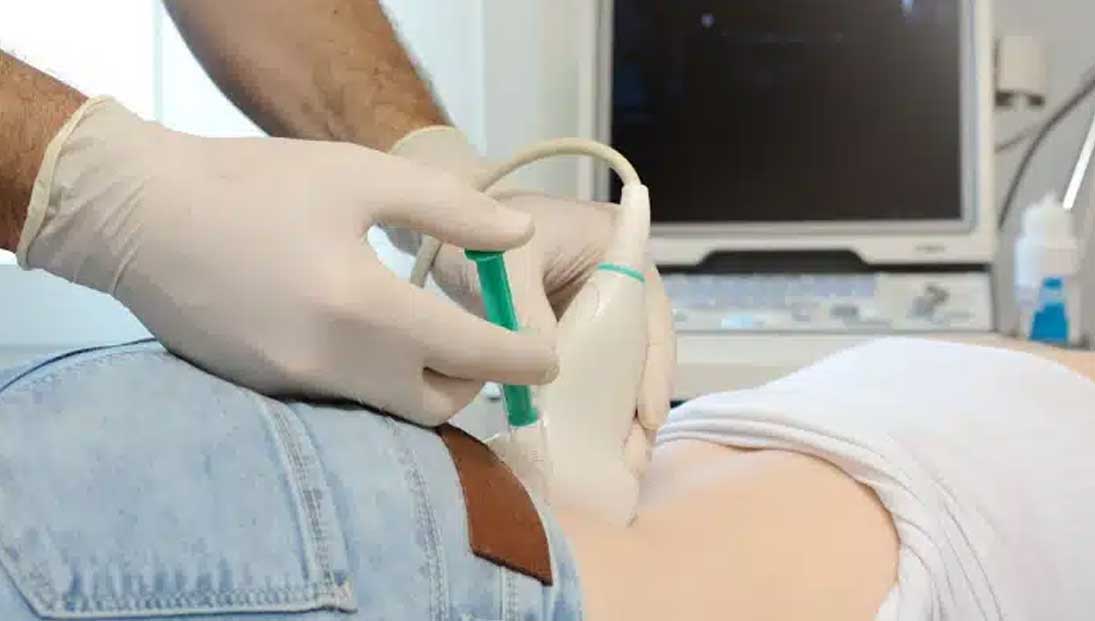
Get the Most Advanced Non-Surgical Treatment for Hip Joint
Hip joint replacement, also known as hip arthroplasty, is a surgical procedure where a damaged hip joint is replaced with an artificial one. This procedure is typically recommended when hip pain and dysfunction severely impact daily activities and quality of life. The goal of hip replacement surgery is to relieve pain, improve function, and enhance mobility.
Individuals considering hip replacement surgery often experience the following symptoms:

Several conditions and factors can lead to the necessity for hip replacement surgery, including:

Besides a hip fracture, several tendons, ligaments, and muscles that surround the joint and provide function and stability can sustain injury.5 Degenerative injuries can also result from osteoarthritis. These various types of hip injuries may benefit from regenerative orthopedic procedures. But the injuries most often seen by Ortho Renew physicians are:
- Hip Labrum Tears
- Hip Tendon Tears
- Hip Osteoarthritis and Degeneration
- Gluteal tendons.
- IT(Ilio Tibial) band injuries and bursitis
Our minimally invasive alternative to hip surgery involves the use of image guidance technology to precisely inject your own bone marrow concentrate — which contains concentrated cells — directly where it’s needed to repair damaged tissue in the hip joint structure. The cells in your bone marrow concentrate work at the site of your injury to promote the growth of new, healthy tissue that aids in the stabilization of your hip joint for better function and mobility.
